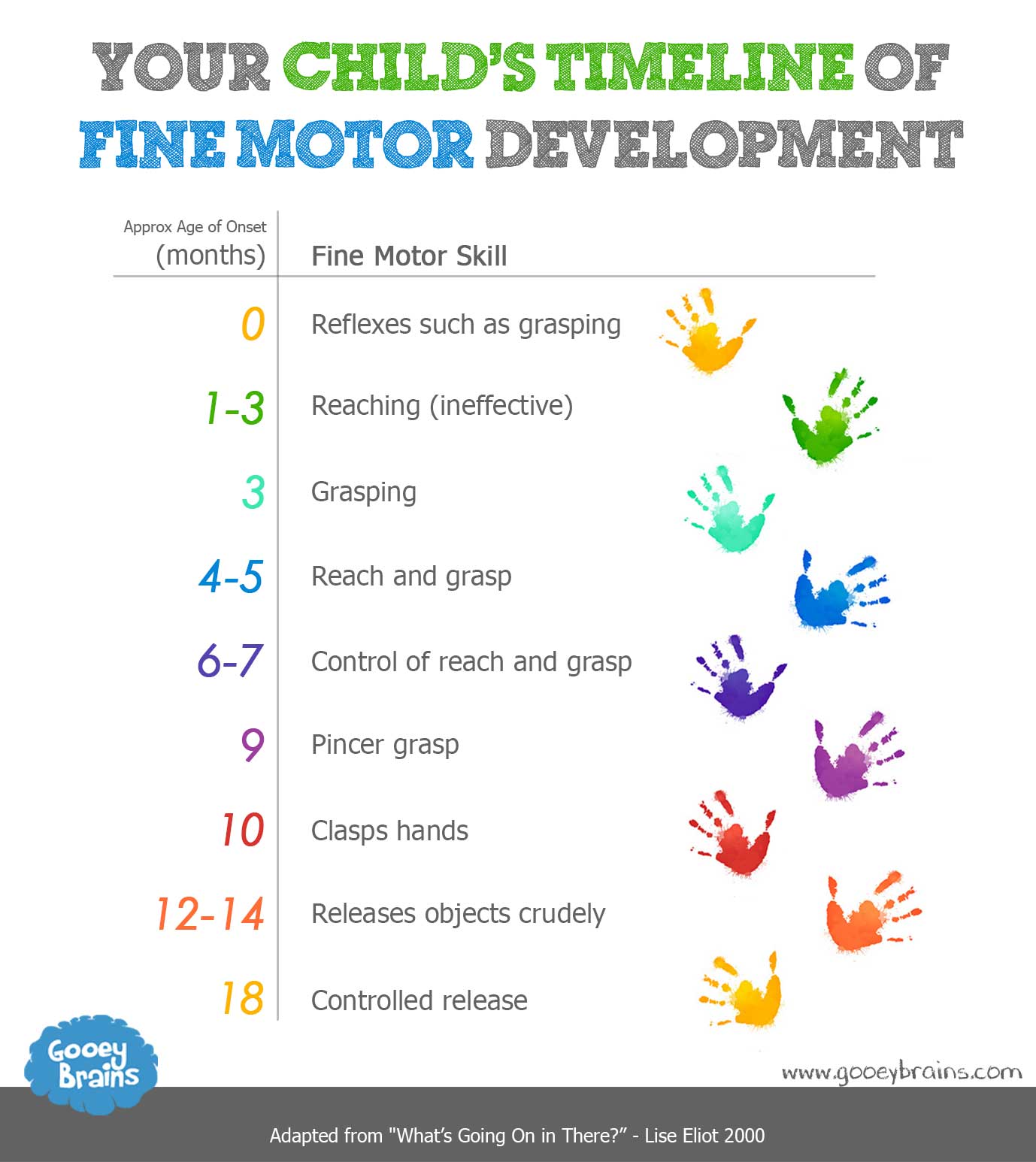
Motor development is the process of a child learning to control and coordinate their physical movements. It is an essential aspect of a child’s overall development and is crucial in enabling them to participate in everyday activities and explore their environment.
Table of Contents
Types of Motor Development

There are two types of motor development – gross motor development and fine motor development. Gross motor development involves the development of larger muscle groups and movements, such as crawling, walking, running, and jumping. Fine motor development involves the development of smaller muscle groups and movements, such as grasping, holding, and using utensils.
The Importance of Motor Development

Motor development plays a crucial role in a child’s overall development. It helps them to develop their strength, coordination, balance, and flexibility. It also helps them to develop their cognitive skills, such as problem-solving and decision making, and their social skills, such as communication and teamwork.
The Stages of Motor Development

Motor development occurs in stages, and each stage is characterized by specific milestones. In the early stages, a child will learn to roll over, sit up, crawl, and eventually walk. As they get older, they will develop more advanced skills, such as running, jumping, and throwing.
The Role of Parents and Caregivers

Parents and caregivers play a crucial role in a child’s motor development. They can help their child by providing opportunities for them to practice their skills, such as allowing them to crawl and walk on different surfaces, providing age-appropriate toys and activities, and encouraging them to engage in physical activity.
Common Motor Development Delays

Motor development delays can occur for a variety of reasons, including genetic conditions, neurological disorders, and environmental factors. Common motor development delays include delays in crawling, walking, and standing.
When to Seek Help

If a parent or caregiver is concerned about their child’s motor development, they should consult with their pediatrician. The pediatrician may refer the child to a specialist for further evaluation and treatment if necessary.
How to Promote Motor Development

There are many ways to promote motor development in children. Some ways include allowing children to engage in free play, providing age-appropriate toys and activities, encouraging physical activity, and providing opportunities for children to practice their skills.
Conclusion
Motor development is a crucial aspect of a child’s overall development. It helps them to develop their strength, coordination, balance, flexibility, cognitive skills, and social skills. Parents and caregivers should provide opportunities for children to practice their motor skills and seek help if they are concerned about their child’s development.
Frequently Asked Questions
What is motor development?
Motor development is the process of a child learning to control and coordinate their physical movements. It is an essential aspect of a child’s overall development and is crucial in enabling them to participate in everyday activities and explore their environment.
What are the types of motor development?
There are two types of motor development – gross motor development and fine motor development. Gross motor development involves the development of larger muscle groups and movements, such as crawling, walking, running, and jumping. Fine motor development involves the development of smaller muscle groups and movements, such as grasping, holding, and using utensils.
What are the stages of motor development?
Motor development occurs in stages, and each stage is characterized by specific milestones. In the early stages, a child will learn to roll over, sit up, crawl, and eventually walk. As they get older, they will develop more advanced skills, such as running, jumping, and throwing.
What can parents do to promote motor development?
Parents can promote motor development by providing opportunities for children to engage in free play, providing age-appropriate toys and activities, encouraging physical activity, and providing opportunities for children to practice their skills.
When should parents seek help for their child’s motor development?
If a parent is concerned about their child’s motor development, they should consult with their pediatrician. The pediatrician may refer the child to a specialist for further evaluation and treatment if necessary.
